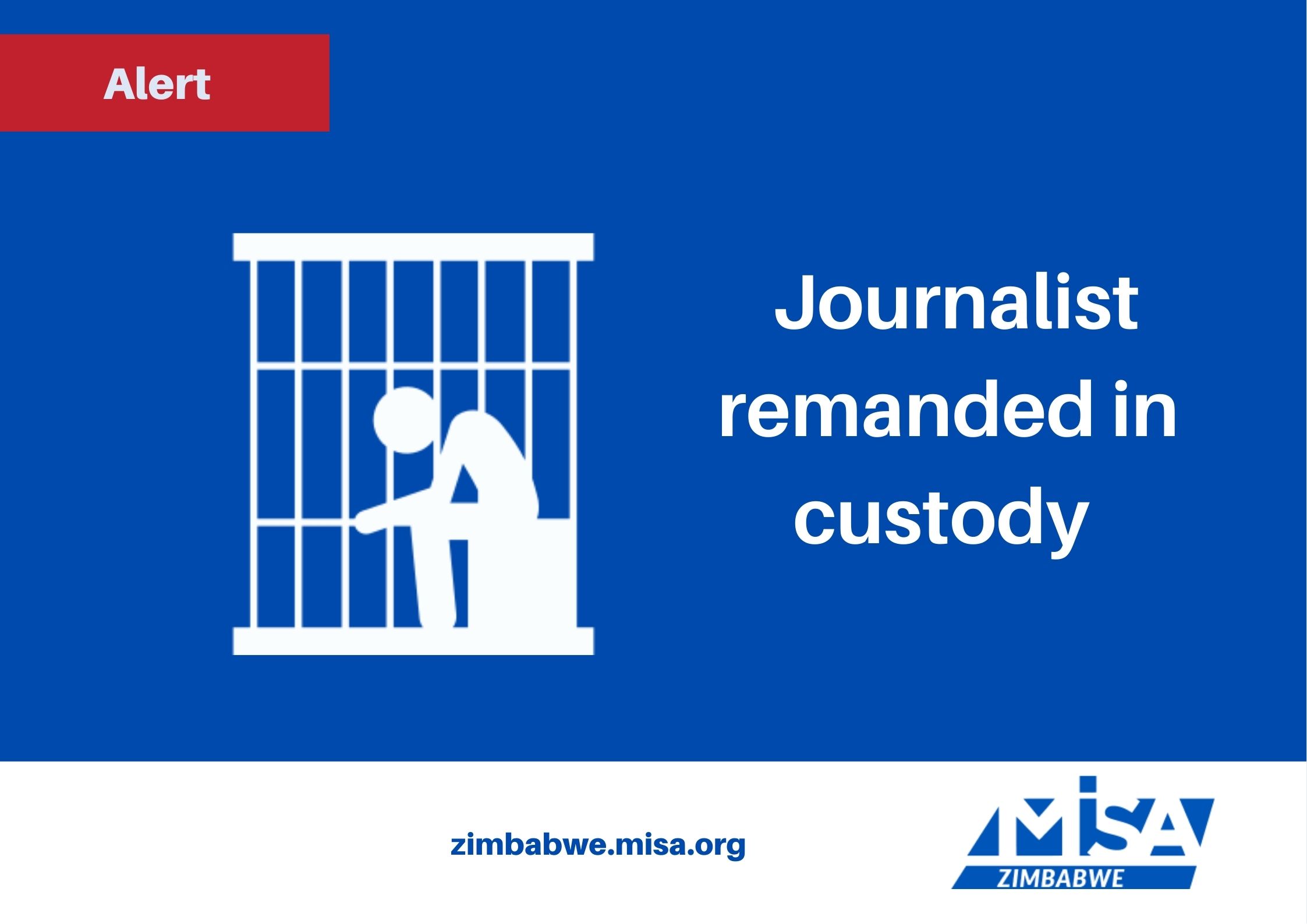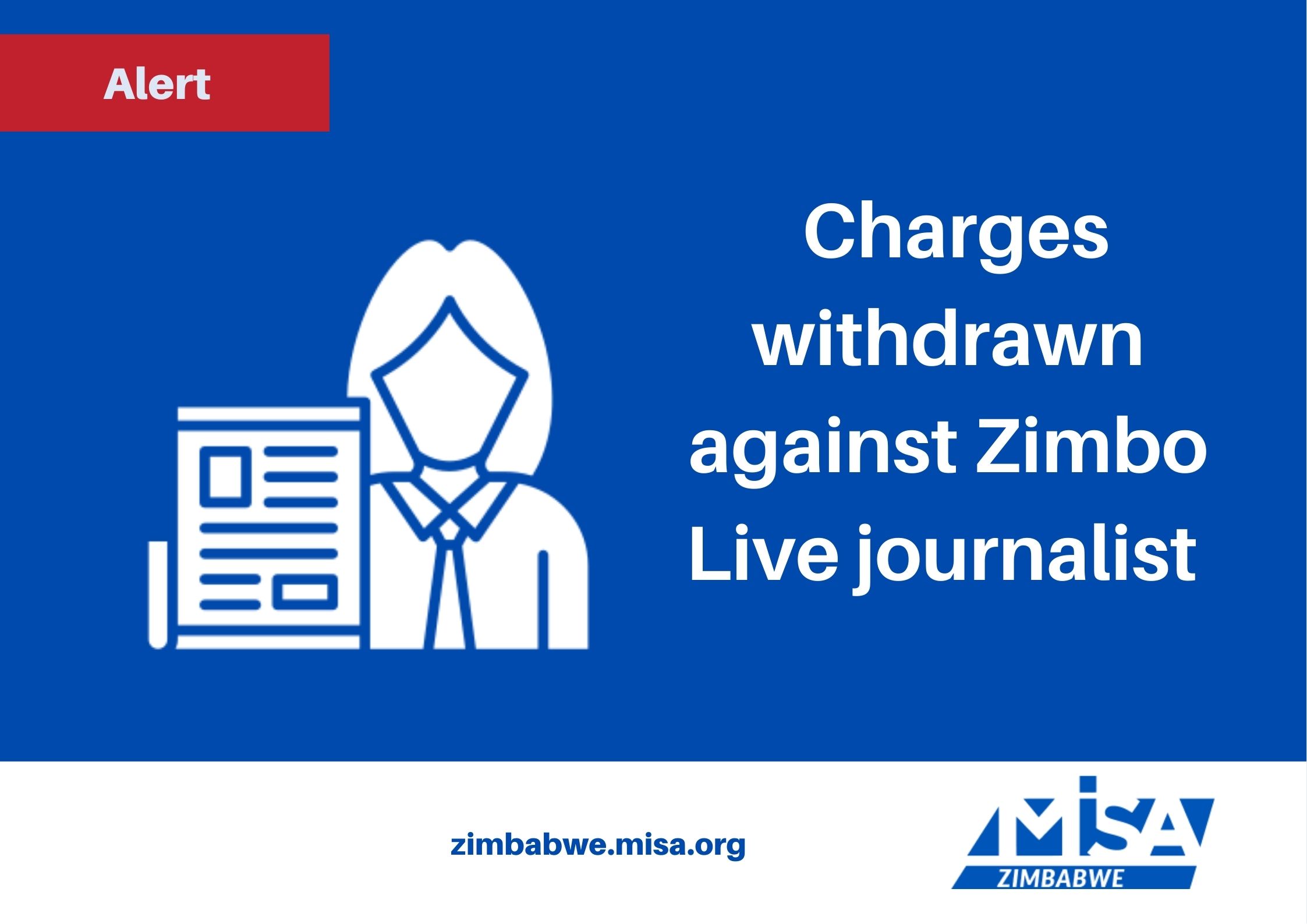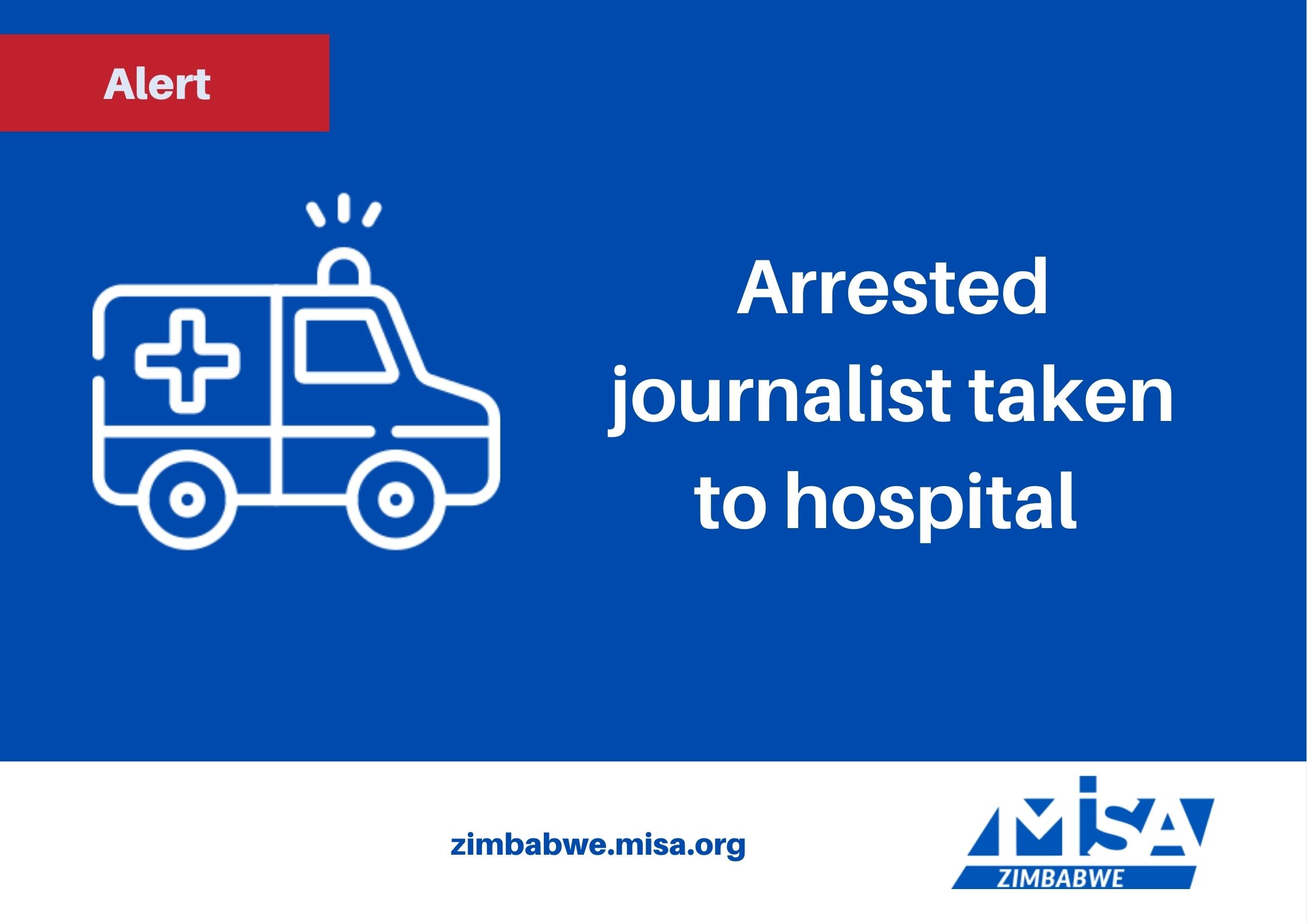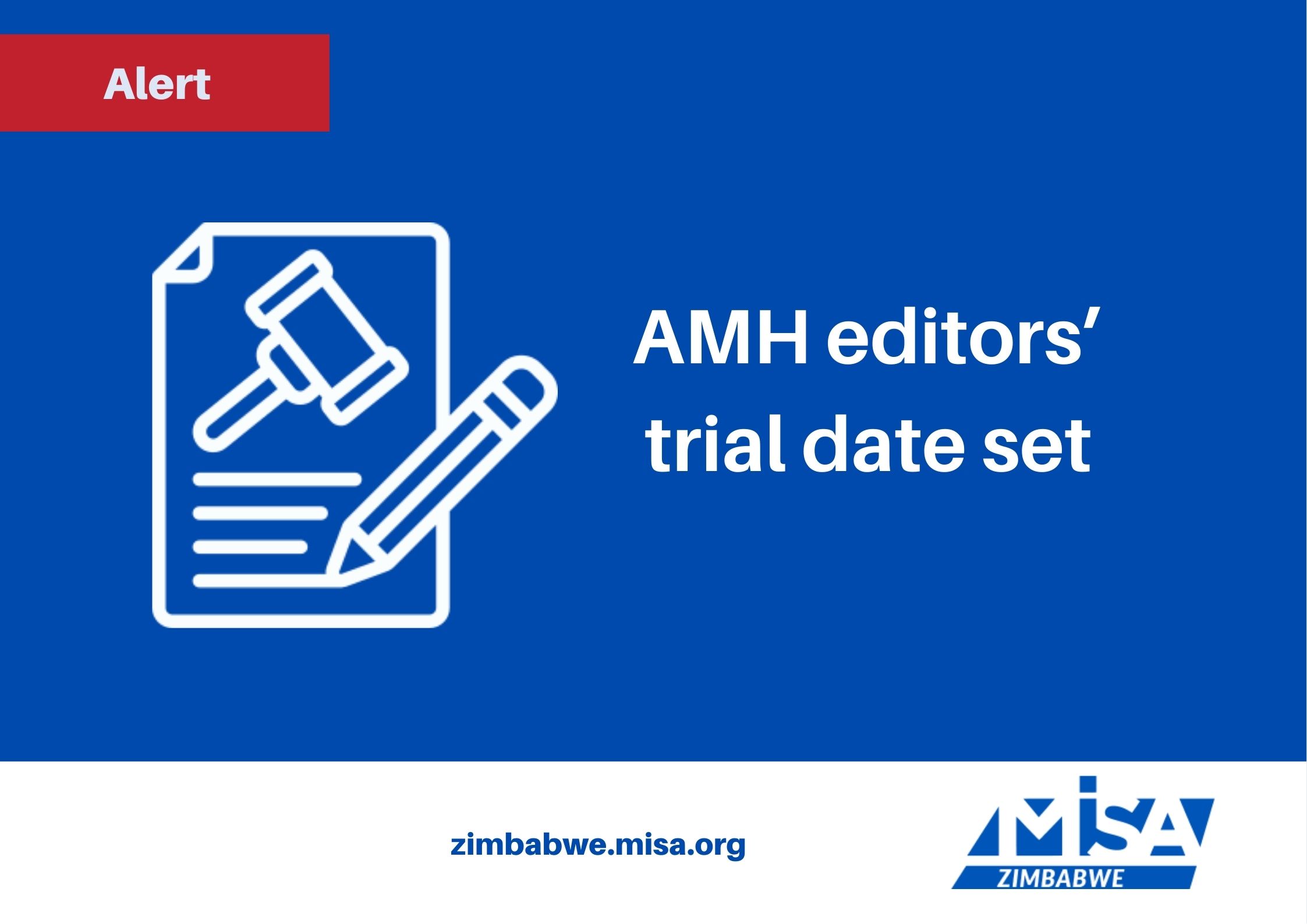MISA joins the rest of the world in celebrating world radio day under the theme, ‘New World, New Radio’ which falls on 13th February each year.
This year marks the events 1th anniversary and MISA has called on radio stations to pay tribute to radio’s capacity for perpetual adaptation at the rate of social transformation and listeners’ needs.
Speaking in a statement, MISA regional chairperson Hellen Mwale says radio has continued to evolve and connect people despite it been seen as old technology in this digital age.
Below is the statement issued by the MISA Regional office;
NEW WORLD, NEW RADIO A SONG TO THE RESILIENCE OF RADIO – MISA
LUSAKA – Radio has been around for over a century and has touched many lives in that time: entertaining, informing, serving communities during times of crisis, allowing people to express themselves, and connecting people to each other through stories, news, and shared experiences.
Therefore, MISA joins the rest of the world this day to celebrate the power and innovation of radio whose theme is New world, new radio.
Each year on the 13th of February since 2011, we are given the opportunity to mark World Radio Day, and thus remind ourselves of the importance of radio.
On the occasion of World Radio Day 2021, MISA calls on radio stations to celebrate this event’s 10th anniversary and the more than 100 years of radio. It is a tribute to radio’s capacity for perpetual adaptation at the rate of social transformation and listeners’ needs.
We all know that in this digital age, it’s easy to see radio as an old technology. But it is evolving, innovating, and continuing to connect people. For example, today you can listen to the radio on a radio set, in the car, on a mobile phone, or from a podcast app.
It is true that radio is about voice. And when that voice belongs to an individual or community of which one is part, its impact is all the greater. So today, on World Radio Day, let us celebrate the power and beauty of the spoken word, and pay tribute to the valuable technology radio is in empowering all of our citizens.
We are aware that since the emergence of the coronavirus pandemic, radio has played a key role in informing citizens about developments of the COVID-19 crisis.
MISA is alive to the fact that from newsrooms to work organisation, including commercial services, field reporting, production of programs, programming of major events, distribution, exploitation of information technology, it is clear that COVID-19 has impacted all media in particular radio.
However, the need for information has continued to grow, generating a paradox with, on the one hand, an audience, albeit segmented, which is exploding with record-breaking online media consumption, and, on the other hand, a stark drop in advertising revenue, several journalists laid off, others on half salaries, professionals attacked and even prevented from practicing their usual activity, etc.
MISA also acknowledges the sharing of information and knowledge as it expands people’s horizons, allowing them to make informed choices and strengthening their ability to demand their rights.
We are aware that ensuring access to information and knowledge empowers poor people to tackle the deep inequalities of power and voice that entrench poverty around the world.
We therefore wish to remind public broadcasters in particular radio to play their role of involving all segments of society, while desisting from the general trend of availing themselves as mouthpieces of ruling parties and sympathisers.
They should understand that development and democracy cannot thrive without an open and free public space where all issues concerning people’s lives can be aired and debated and which gives them room and opportunity to participate in decision-making.
Nobel Prize laureate Amartya Sen describes democracy as ‘governance by dialogue’ and broadcasters are ideally placed to facilitate this dialogue by providing the space for it – if their services are accessible, independent, credible and open to the full spectrum of diverse views.
Southern African countries who are members of such bodies as the United Nations (UN), the African Union (AU), and the Southern African Development Community (SADC), are party to such documents as the Universal Declaration of Human Rights, the Windhoek Declaration, the African Charter on Broadcasting and the SADC Protocol on Culture, Information and Sport.
All these declarations require that signatory states respect basic human rights, especially freedom of expression, and in particular, they call for the creation of an enabling environment for media freedom, pluralism and diversity.
It is MISA’s belief that only a free and independent media can be able to play these roles to the fullest.
On this World Radio Day we are reminding governments in the region to have the political will to the transformation of the state broadcasters into genuine public service broadcasters that are protected against political or commercial interference and whose programming serve the public interest.
Issued by
Hellen Mwale, Regional Chairperson













